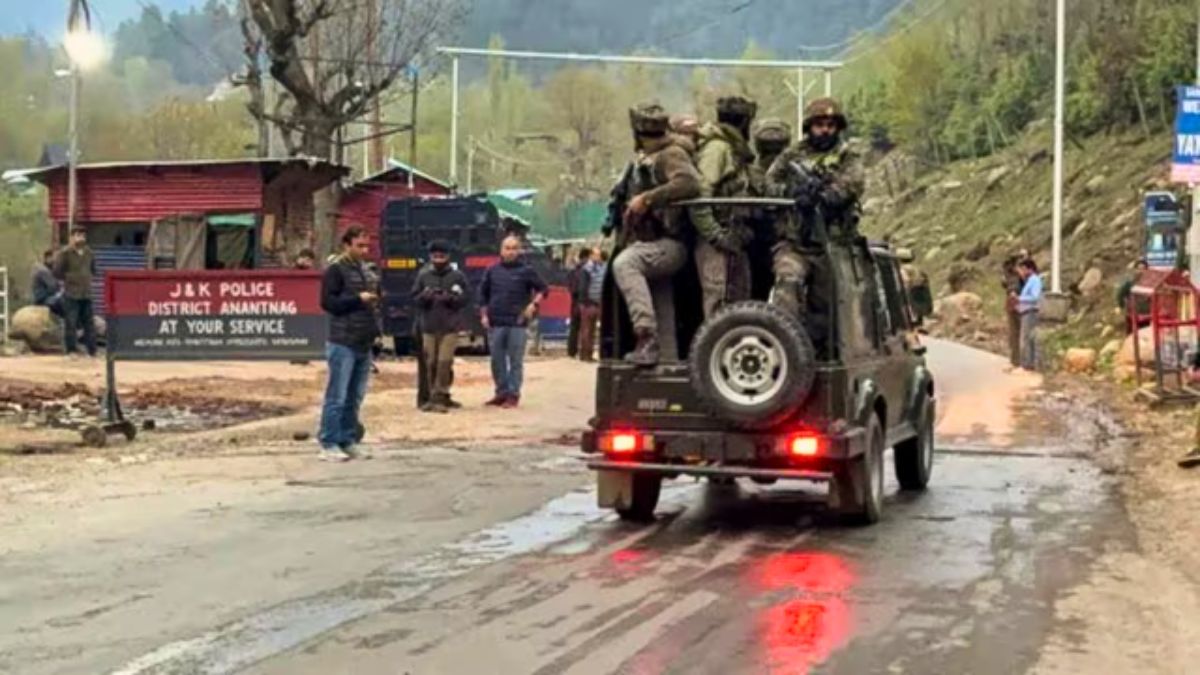A Jammu court has granted default bail to two men accused of financing Lashkar-e-Taiba offshoot The Resistance Front (TRF), which initially claimed responsibility for the April 22 Pahalgam terror attack before withdrawing the claim. Srinagar resident Yasir Hayat was granted bail on Thursday (September 11, 2025), while Shafat Wani of Handwara received bail on Saturday (September 13, 2025).
This came after the National Investigation Agency (NIA) failed to file a chargesheet within the mandated 90 days. Earlier this month, the court dismissed the NIA’s request to extend Hayat’s detention from 110 to 180 days and Wani’s from 155 to 180 days under the Unlawful Activities (Prevention) Act (UAPA).
Special NIA Judge Sandeep Gandotra noted that the agency had offered repetitive grounds without specific reasoning, ruling that the accused gained a “statutory right” to bail once the 90-day period lapsed.
What were the allegations against the two accused?
Wani was first arrested by the Jammu and Kashmir Police on April 8 on charges of receiving funds from TRF and propagating its ideology in Handwara. The NIA later took over the probe. Hayat was arrested on May 23 for allegedly arranging funds, including Rs 2 lakh, for TRF operations.
The NIA has accused both of being part of the terror outfit’s financing network. Additionally, The court has imposed 15 restrictions on Hayat, including a ban on the use of any encrypted platform.
How did the Pahalgam attack shape the investigation?
The April 22 terror strike in Pahalgam, which TRF initially claimed responsibility for, drew widespread condemnation. Investigators focused on terror financing links, leading to the arrests of Wani and Hayat. Despite seizing incriminating material such as bank details and mobile records, the NIA admitted that crucial analysis of call records and absconding associates was still pending.
While granting bail, the court imposed 15 restrictions on Hayat, including a ban on using encrypted platforms and the obligation to share the IMEI number of his phone with both the local Station House Officer (SHO) and the investigating officer. He is prohibited from using multiple devices.
Why did the court criticize the NIA’s probe?
The judge pulled up investigators for delays, calling the probe “snail-paced.” In one instance, the court questioned why the NIA wrote to airlines for travel details of the accused only after 110 days of custody. The court stressed that under Section 43(D)(2)(b) of UAPA, the failure to file a chargesheet within stipulated timeframes mandates bail, regardless of the gravity of the charges.
